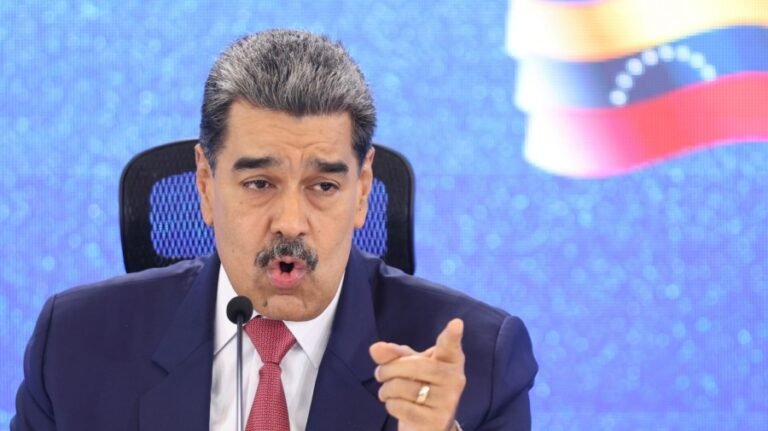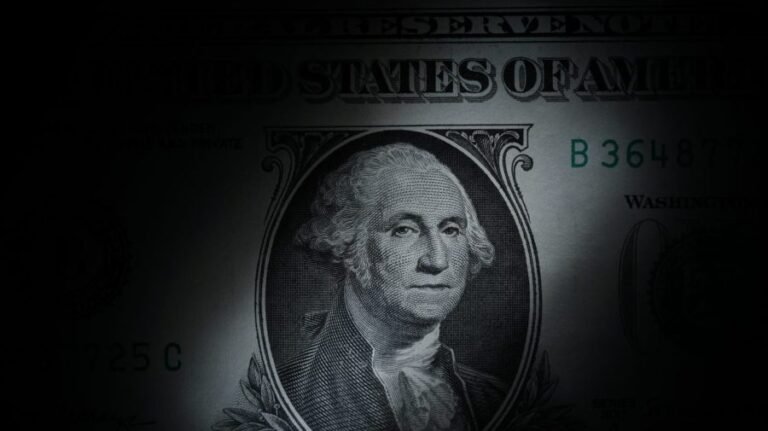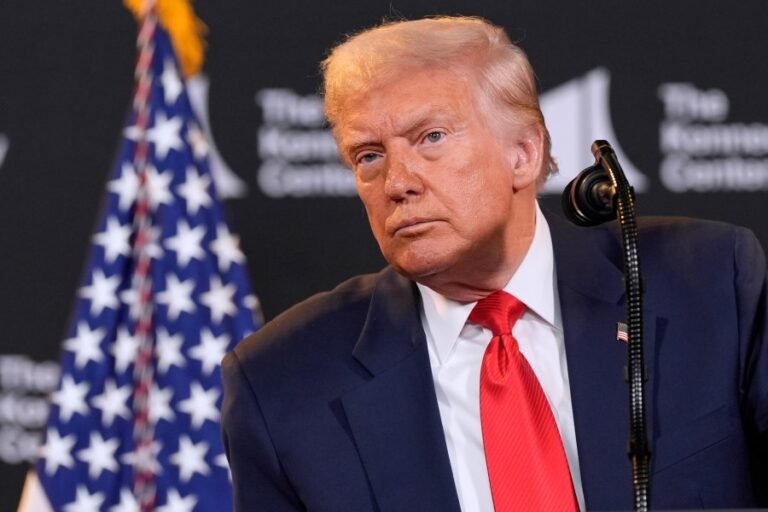
Ticket sales for the Kennedy Center have continued to plummet in the months since President Trump took over its operations.
Tens of thousands of seats have been left empty at the three main performance venues, according to the Washington Post.
Around 43 percent of tickets remain unsold according to the Post’s daily analysis of the Kennedy Center’s Opera House, Concert Hall and Eisenhower Theater from Sept. 3 to Oct. 19.
The outlet said the Center was missing out on approximately $1 million in revenue 45 days into show season after numerous artists cancelled or refused to perform there while it is under the Trump administration’s control.
Richard Grennell, a Trump ally who was appointed interim president of the cultural center, said the staff on site is “ecstatic” alleging that workers were “dying for a change.” Performances by Christian artists have been ramped up in an effort to drive out what the administration has pegged as “woke” art pieces.
“They needed to have a different focus on programming that wasn’t so far left,” Grennell said recently during a radio interview with WMAL.
“What we do know about art institutions across the country is that they’re all struggling with putting people in seats and I believe it’s because it’s because arts institutions have gone so far crazy left with their programming, he continued. “They’re not giving people what they want.”
Grennell also touted the “Les Misérables” performance as an attraction for visitors in addition to the Vienna Philharmonic and The Stuttgart Ballet’s return to the stage for the first time in decades as strong points for programming.
“We are doing the big things that people want to see. And I’ll tell you, from last Saturday night, when we did the big Kennedy Center gala in honor of the National Symphony, 50 percent of the people that showed up for the gala had never been giving to the Kennedy Center, had never been to a gala,” Grennell said in early October.
“We are seeing a huge change because people are recognizing that they want to be a part of something that that is common sense programming,” he added.
His comments, however, contradict the Post’s reporting that says there’s been a 36 percent drop in ticket sales compared to this time last year. The outlet also cited audience adjustments as a sign of patrons’ disengagement from the Kennedy Center.
The “Parade” musical was moved from the 2,364-seat Opera House to the 1,161-seat Eisenhower Theater and 43 percent of seats were available, according to the Post. The National Symphony Orchestra’s “An Evening of Beethoven” had more than 2,000 seats available on the day-of all three shows, the outlet reported.
“Depressed ticket sales not only cause a shortfall in revenue; they also bode unfavorably for future fundraising revenue,” Michael Kaiser, a former president of the Kennedy Center, wrote in an email to the Post, after reviewing outlet’s findings.
“The vast majority of donors are ticket buyers who are anxious to enhance their relationships with the organization by making contributions in addition to paying for their tickets,” he said. “We had 40,000 generous individual donors by the time I left the Center in 2014. Funding from these individuals formed the foundation for all we accomplished.”
A former staffer at the performing arts center called the decline in ticket sales is “shocking,” according to the Post.
“These numbers are likely more dire than they appear, as they don’t account for canceled productions or shows moved into smaller theaters due to weak ticket sales,” the person said in a statement provided on the condition of anonymity due to fear of retaliation.
The Kennedy Center did not respond to The Hill’s request for comment on ticket sales.


